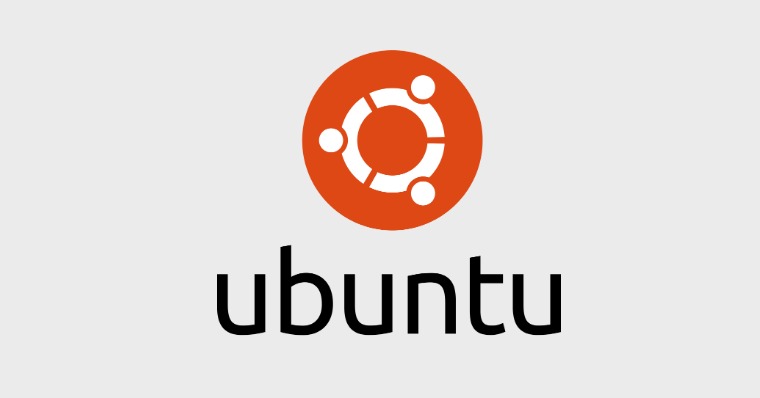
The stability of a server operating system directly impacts business continuity, data security, and overall reliability. As one of the most popular open-source Linux distributions, Ubuntu offers multiple versions, each with different strengths in performance, security, and compatibility.
So, which version of Ubuntu is the most stable for production environments? This article analyzes community feedback, enterprise adoption, and technical benchmarks to help you make the right decision.
Defining Stability in Production Environments #
In the context of production servers, stability refers to:
- High system uptime and availability
- Minimal crash or fault rates
- Strong security updates and patches
- Long-term compatibility with enterprise applications
- Ease of maintenance and upgrade planning
These factors are critical for businesses running databases, web applications, virtualization platforms, or cloud-native workloads.
Why LTS Versions Are More Stable #
Ubuntu offers two types of releases:
- LTS (Long-Term Support): Released every two years, supported for 5 years on desktop and server, with optional extended support (ESM) up to 10 years.
- Non-LTS: Shorter lifecycle, focused on new features, often less tested in production.
For production environments, Ubuntu LTS versions are always the recommended choice because:
- They undergo rigorous testing before release
- Enterprises widely adopt them, ensuring stronger community and vendor support
- Update frequency is predictable, minimizing risk from rapid kernel or library changes
Comparing Popular LTS Versions #
Ubuntu 18.04 LTS (Bionic Beaver) #
- Released: April 2018
- Support: Until April 2023 (ESM until 2028)
- Pros: Highly mature, widely deployed, excellent compatibility with enterprise applications
- Cons: Uses older kernel and libraries, fewer modern features
Ubuntu 20.04 LTS (Focal Fossa) #
- Released: April 2020
- Support: Until April 2025 (ESM until 2030)
- Pros: Improved performance, enhanced security features, better hardware support
- Cons: Newer kernel may introduce compatibility concerns in legacy environments
Ubuntu 22.04 LTS (Jammy Jellyfish) #
- Released: April 2022
- Support: Until April 2027 (ESM until 2032)
- Pros: Latest LTS release with modern kernel, strong cloud-native support, excellent choice for new deployments
- Cons: Still relatively new, some enterprises prefer waiting until community validation matures
LTS vs Non-LTS for Production #
Non-LTS releases (e.g., Ubuntu 23.04) include the latest features but only have 9 months of support, making them less suitable for enterprise servers.
For critical production workloads, sticking with LTS ensures security, predictability, and long-term stability.
Key Factors When Choosing Ubuntu for Production #
- Application Compatibility – Ensure your enterprise software stack (databases, web servers, container platforms) supports the chosen version.
- Hardware Support – Newer hardware often performs better with the latest LTS kernels.
- Upgrade Strategy – Plan migration carefully; avoid upgrading during peak business operations.
- Security Updates – Always apply patches on time, or consider Ubuntu Pro/ESM for extended coverage.
- Performance vs Stability – 18.04 favors proven stability, 20.04 balances stability and modern features, 22.04 is best for forward-looking deployments.
Best Choice for Enterprises #
- Ubuntu 18.04 LTS → Best for organizations prioritizing rock-solid stability on existing infrastructure.
- Ubuntu 20.04 LTS → Balanced option with improved performance and long support window.
- Ubuntu 22.04 LTS → Ideal for modern workloads, cloud-native deployments, and new production systems.
No matter which version you choose, follow these best practices:
- Keep systems patched with the latest security updates
- Use configuration management (e.g., Ansible, Puppet) for consistency
- Monitor logs and performance metrics proactively
- Plan upgrades and migrations during low-risk windows
Conclusion #
In production environments, the most stable Ubuntu versions are the Long-Term Support (LTS) releases.
- For legacy systems: Ubuntu 18.04 LTS remains reliable.
- For balance between stability and new features: Ubuntu 20.04 LTS is an excellent choice.
- For future-proof enterprise deployments: Ubuntu 22.04 LTS offers the best long-term value.
By carefully matching your workload requirements with the right LTS release, you ensure that Ubuntu delivers maximum stability, performance, and security for your production infrastructure.
